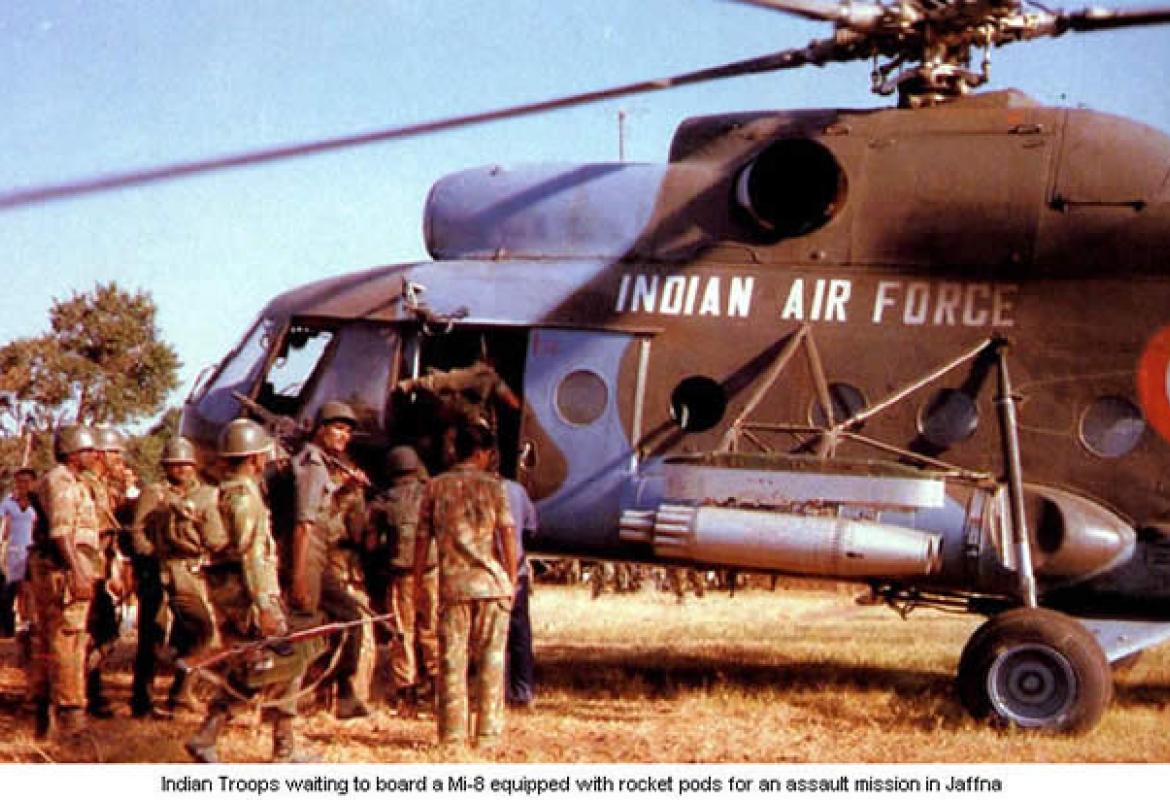The British House of Commons held an adjournment debate on the subject of “Justice for Tamils” last week, where the Chair of the All Party Parliamentary Group on Tamils urged the British government to push for an international investigation into allegations of war crimes.
Speaking at the House of Commons last week, MP Lee Scott also called for a strengthening of the proposed UNHRC resolution, “to send a clear message to the Sri Lankan Government”.
The resolution was passed the next day with 25 member states voting in favour of the resolution, 13 against and 8 abstaining.
In response, the Parliamentary Under-Secretary of State for Foreign and Commonwealth Affairs Alistair Burt, said,
“All international resolutions of this kind are composites, and are put together in a manner designed to create the greatest possible support for them. That sometimes means a degree of compromise on language. The United Kingdom felt that the most important thing was that the demonstration of a significant number of countries with concern about Sri Lanka was better than having a motion that some might have felt unable to support. We wanted to give a clear indication, as we gave last year, of the importance of these issues to many nations, which is why the resolution is drafted in the terms it is. We think it is still firm and meaningful.”
“The text reflects widespread concern that, in simple terms, the Sri Lankan Government, having won a brutal war, are not winning the peace.”
Burt faced serious criticism from Diaspora groups after recording a video interview on the beaches of Mullivaikkal, where tens of thousands of Tamils were massacred in the final few days of the armed conflict in 2009.
The Minister was also slammed after visiting Vanni earlier this year, accompanied by a heavy Sri Lankan security presence, who recorded Tamil civilians talking to the Minister.
Burt responded,
"When I was in Sri Lanka, in the northern area, it was noted that I was not alone. I was accompanied not only by UK officials and officials from the high commission, but by a significant military presence, some uniformed and some non-uniformed. It is not uncommon for a Minister visiting someone else’s country to be protected and supported by the military in those areas, and I raise no issue about that. I felt safe, and it was only appropriate for the Government to do that. However, the extent of military involvement was noticed by others, who were keen to pick out the non-uniformed individuals who were there, which raises a significant matter."






